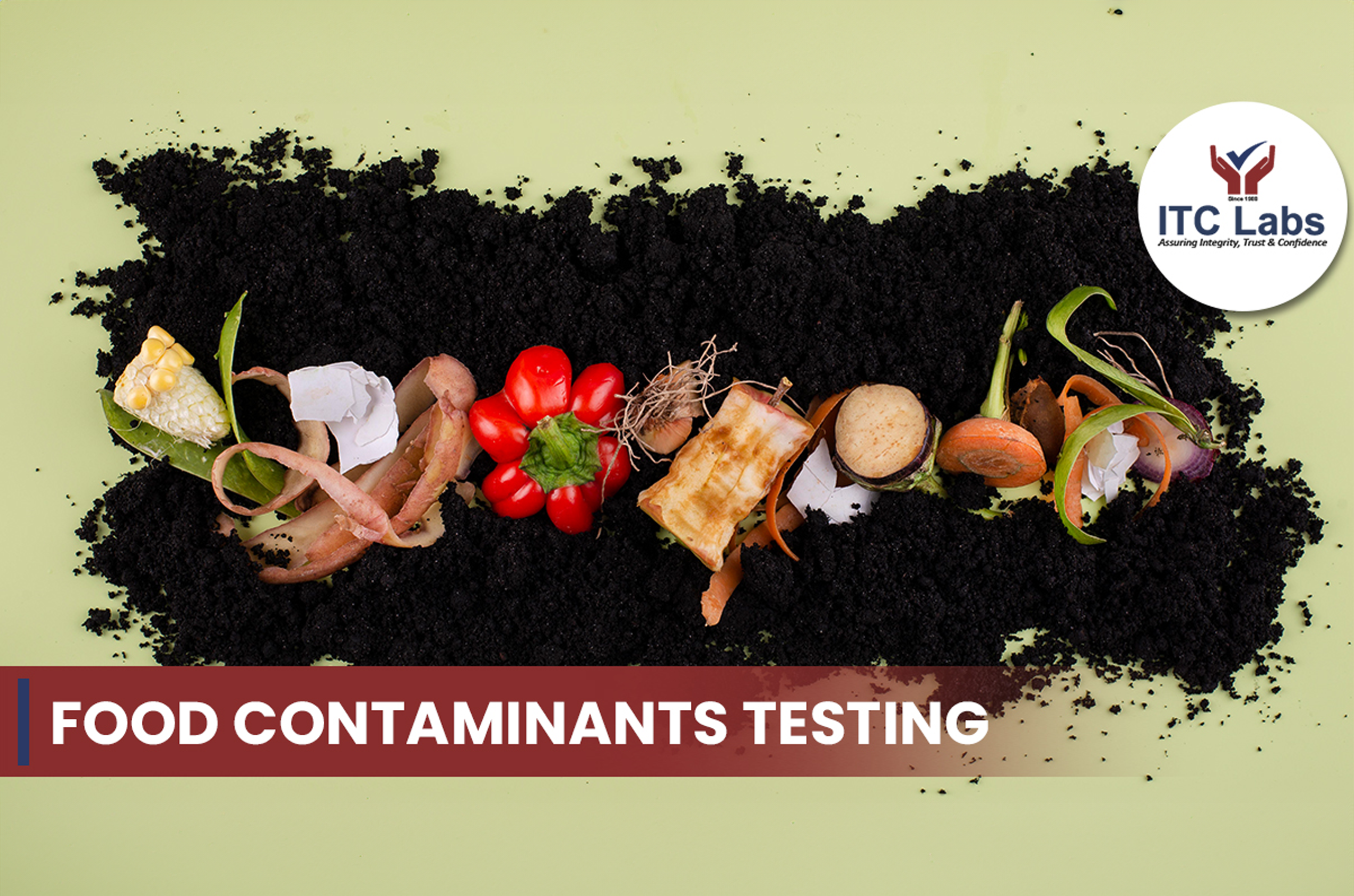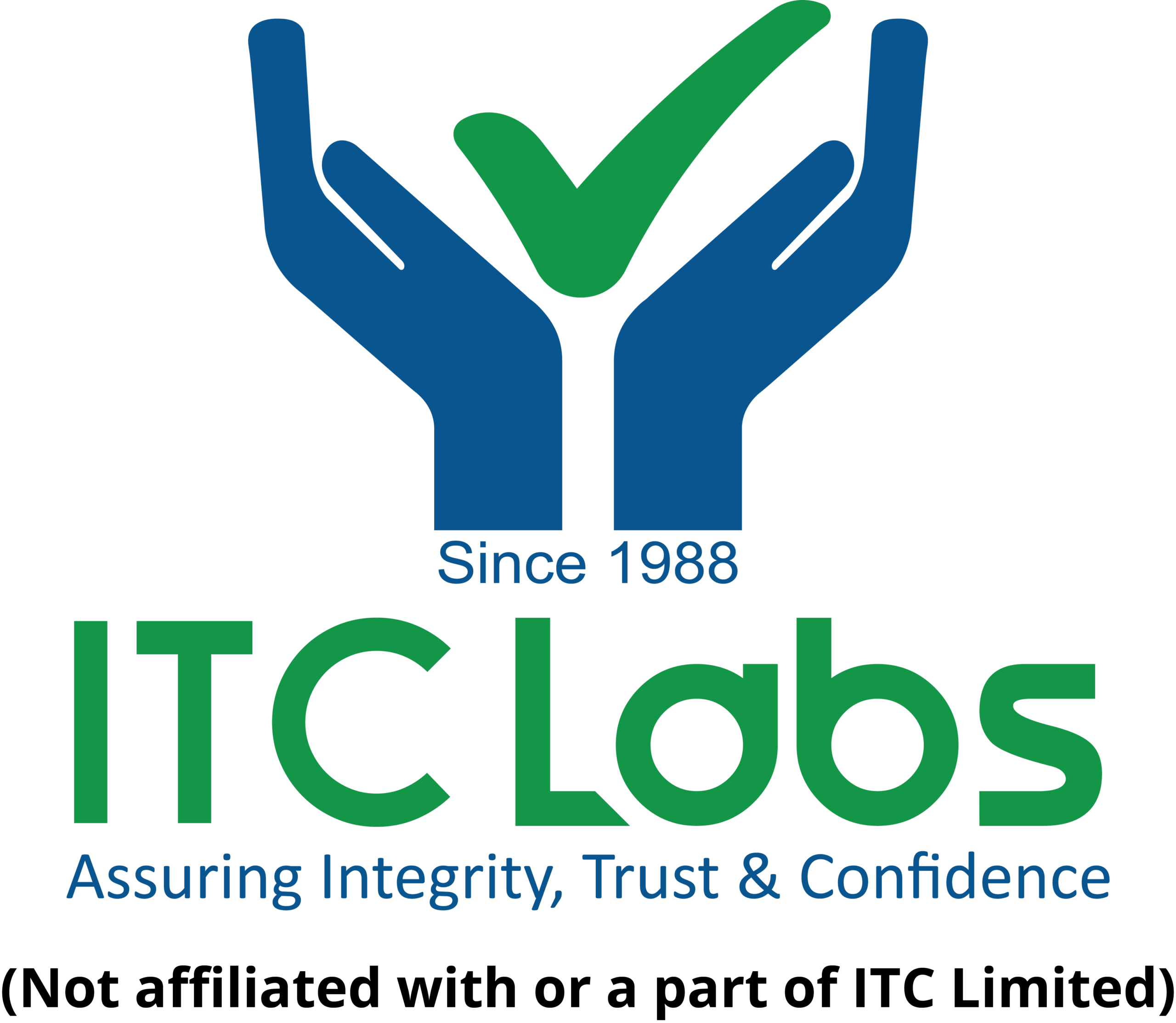How testing can detect various contaminants found in food and feed, such as pathogens, pesticides, heavy metals, and mycotoxins?
Introduction:
Unwanted and harmful substances present in food and animal feed products are referred to food and feed contamination. It may pose serious risks to human and animal health. Contamination occurs at various stages, before reaching to the consumers, of the food and feed production processes.
Food Safety: A priority
Food safety is a topmost priority for each one such as consumers, regulators, and the food industry. It is essential to ensure the food we consume is free from harmful contaminants, to safeguard public health. These contaminants can find their way to get into food products and further pose serious health risks.
Impact on our daily life
Consuming contaminant food effects our daily life through health issues caused by contaminated products, results in illnesses, missed workdays, medical expenses and many more. These can be mitigated by adopting few practices such as, supporting food safety policies and safe food handling etc.
In this blog we’ll delve into common food contaminants such as pathogens, pesticides, heavy metals, and mycotoxins etc. And we’ll discuss how ITC Lab plays crucial role in their detection and prevention.
Pathogens: ITC lab plays major role by employing rigorous microbiological testing methods to identify and quantify these pathogens, preventing outbreaks and ensuring safe consumption. And identifies bacteria such as Salmonella, E. coli, and Listeria contaminants, that causing foodborne illnesses.
Pesticides: Pesticide residues from agricultural practices can stick to fruits, vegetables, and grains. ITC Labs’ expertise and advanced technology is contributing significantly by using Chromatography and Mass Spectrometry test methods to detect these residues.
Heavy Metals: Contaminants like lead, mercury, and cadmium can enter the food chain through soil and water. ITC Lab uses Inductively coupled plasma mass spectrometry (ICP-MS) to detect heavy metal concentrations in food and feed. Further it helps in preventing long-term health issues.
Mycotoxins: Mycotoxins, also known as fungal toxins, can develop in crops, especially in humid conditions. Testing via high-performance liquid chromatography (HPLC), identifies and quantifies mycotoxins like aflatoxins and ochratoxin, prevents them entering the food supply. ITC Labs’ expertise in mycotoxin detection is vital for ensuring the safety and quality.
At ITC Labs we follow strict and regular testing procedures which are essential for monitoring and ensuring the safety of food and feed products. By examining these common contaminants, we can reduce the risk of foodborne illnesses and protect the health of consumers. At our testing laboratory we maintain the highest standards of food safety and quality.
Our Solutions:
As the leading player in the Food and Agricultural product testing services, ITC Labs offers One Stop Shop Solutions to its clients helping them navigate the regulatory and end user requirements. The lab has in-house analytical, chemical & microbiological set up. The lab is accredited and recognized by major bodies like NABL, BIS, FSSAI, APEDA, AGMARK, ORGANIC etc. to help clients meet complex requirements that the product should meet before being placed in the market.



